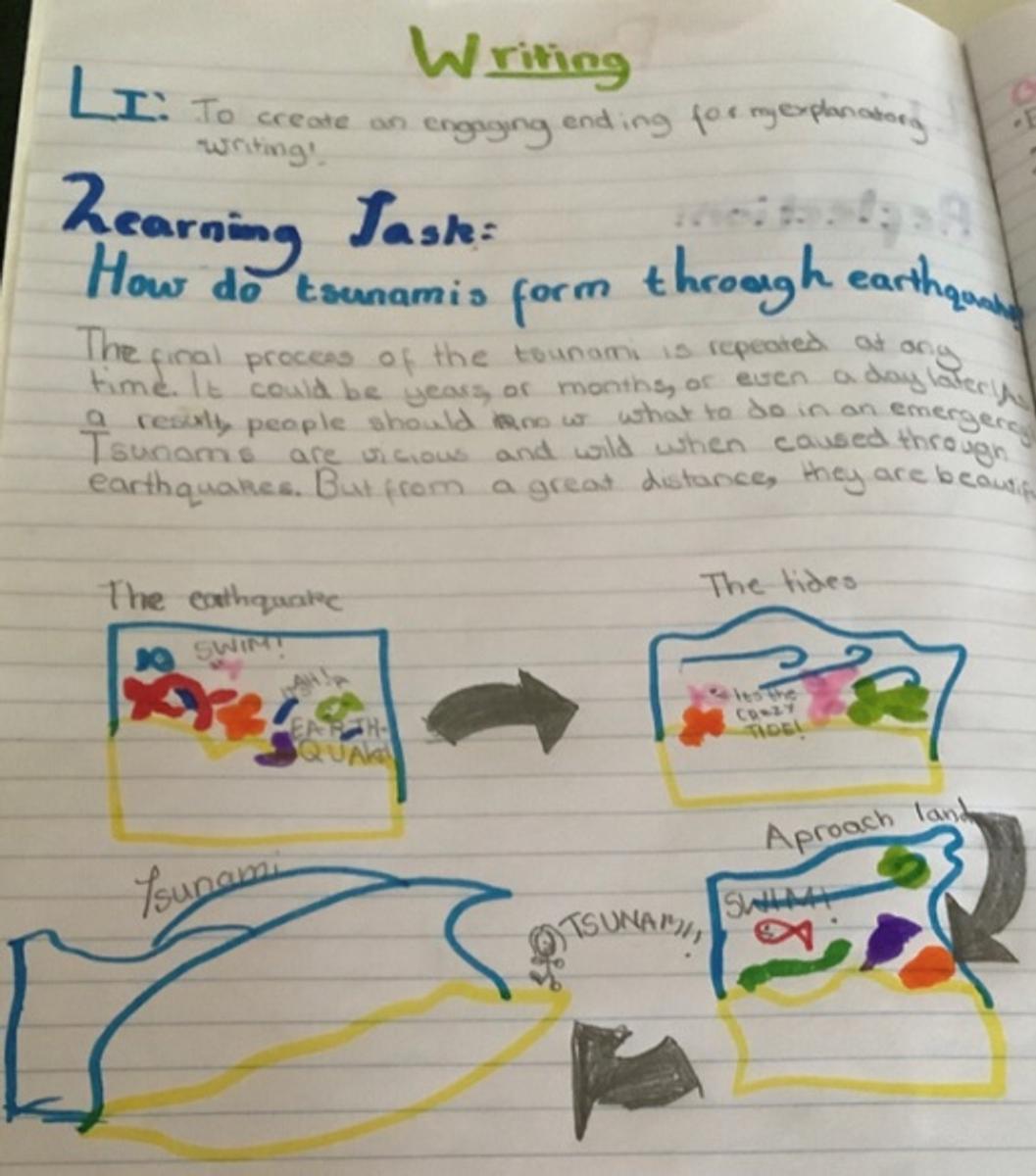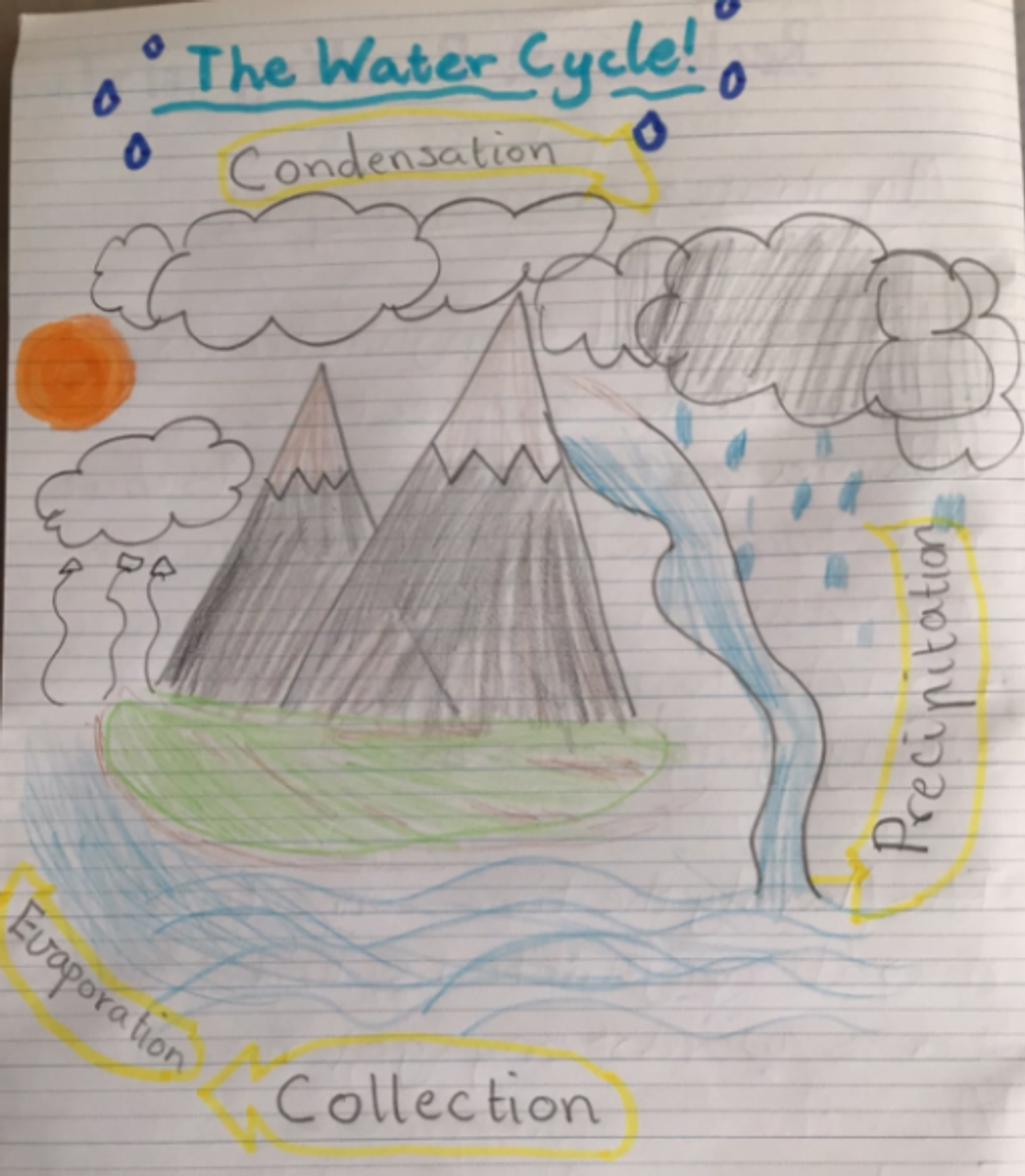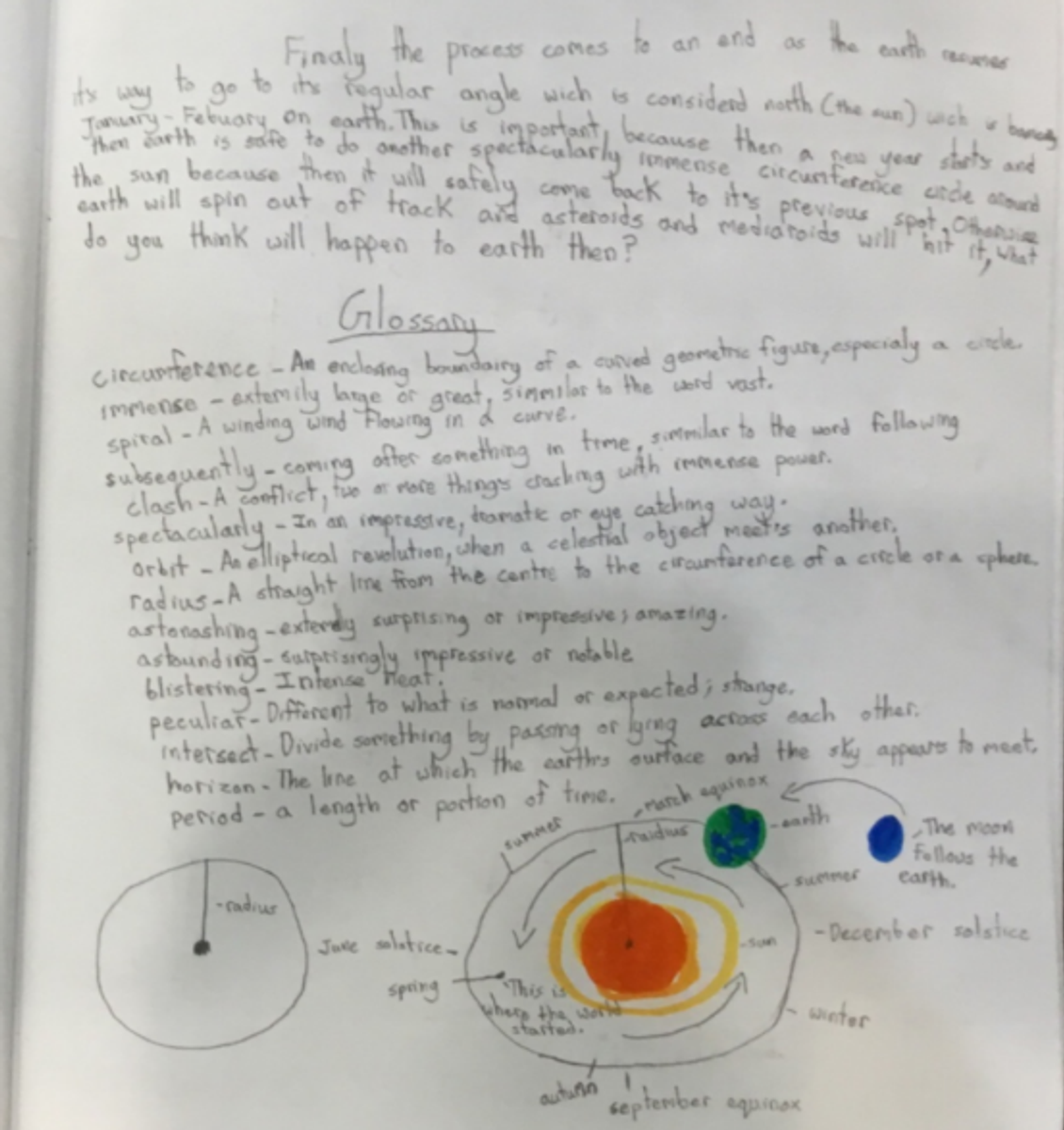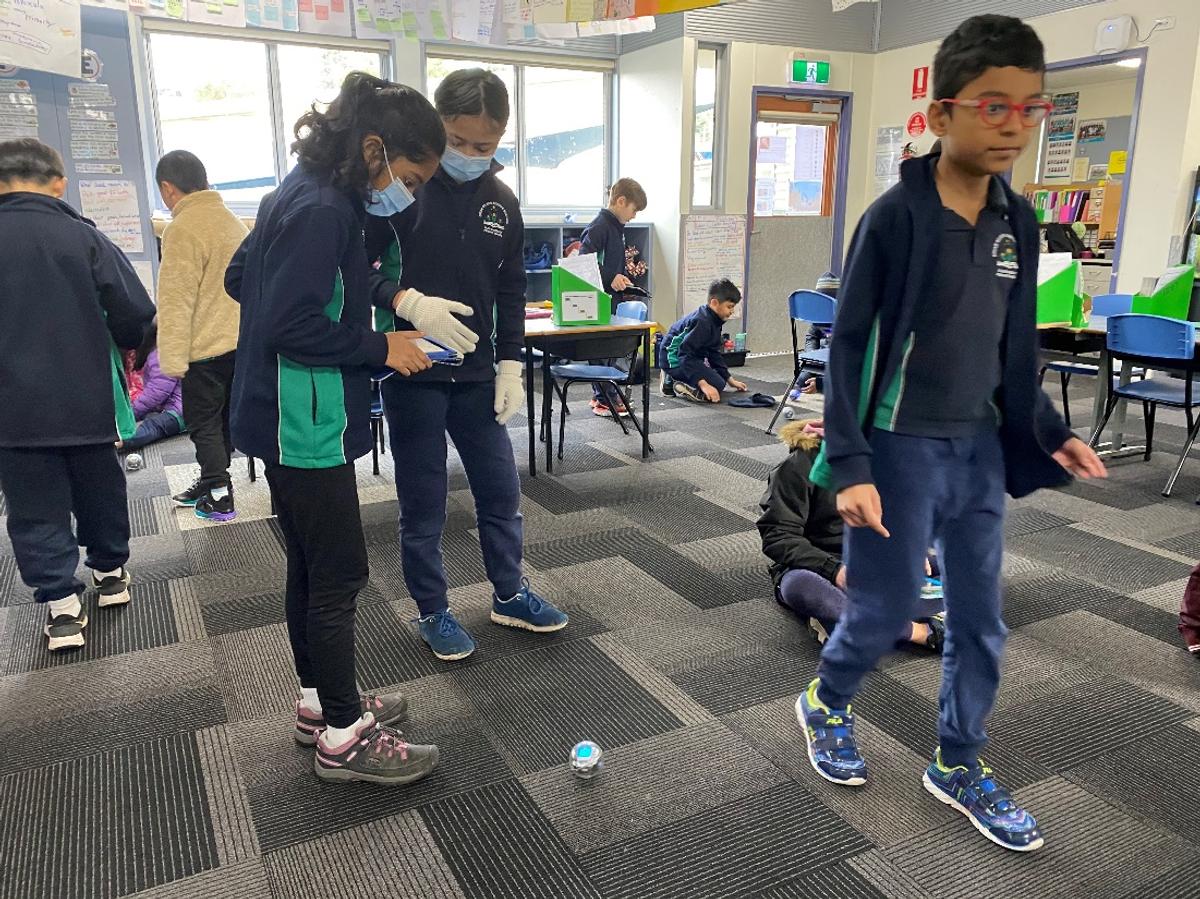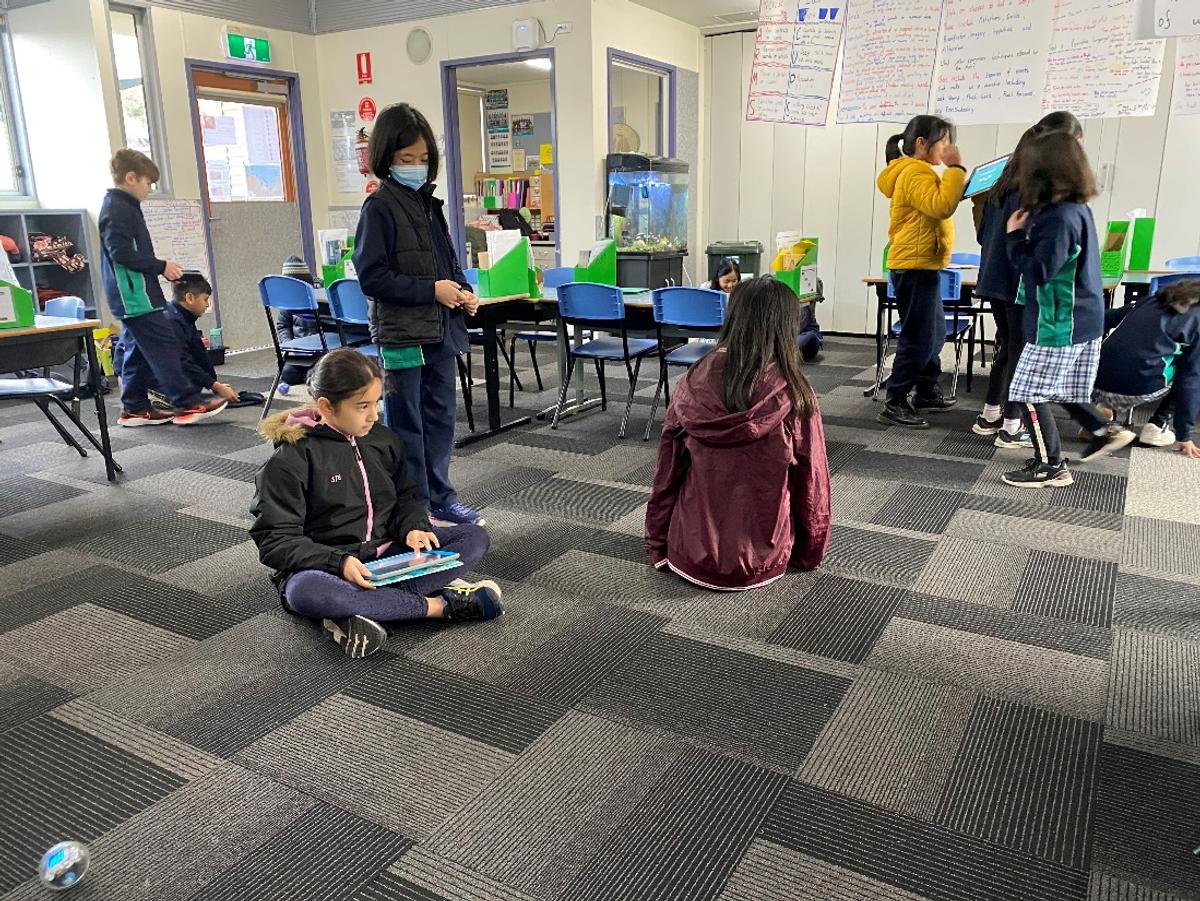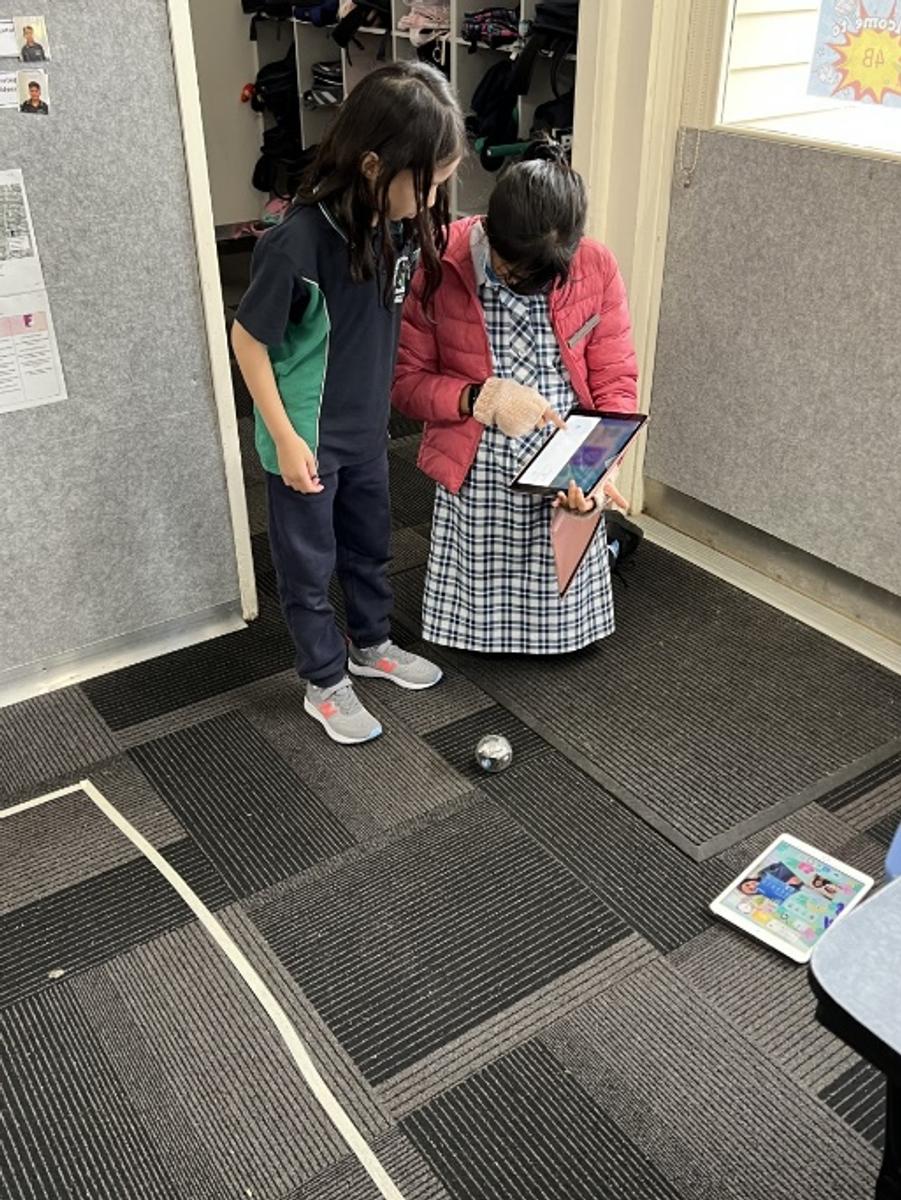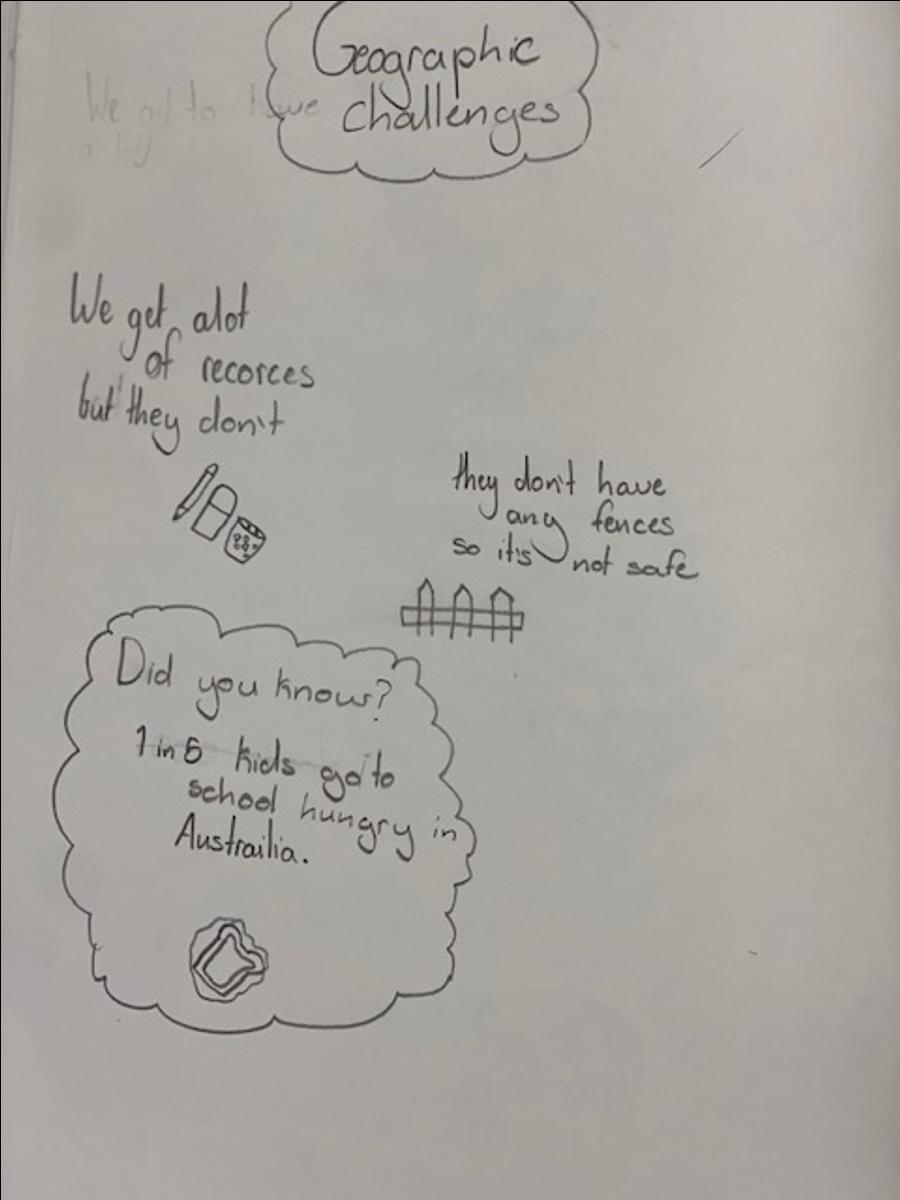Level 4 - Term Three
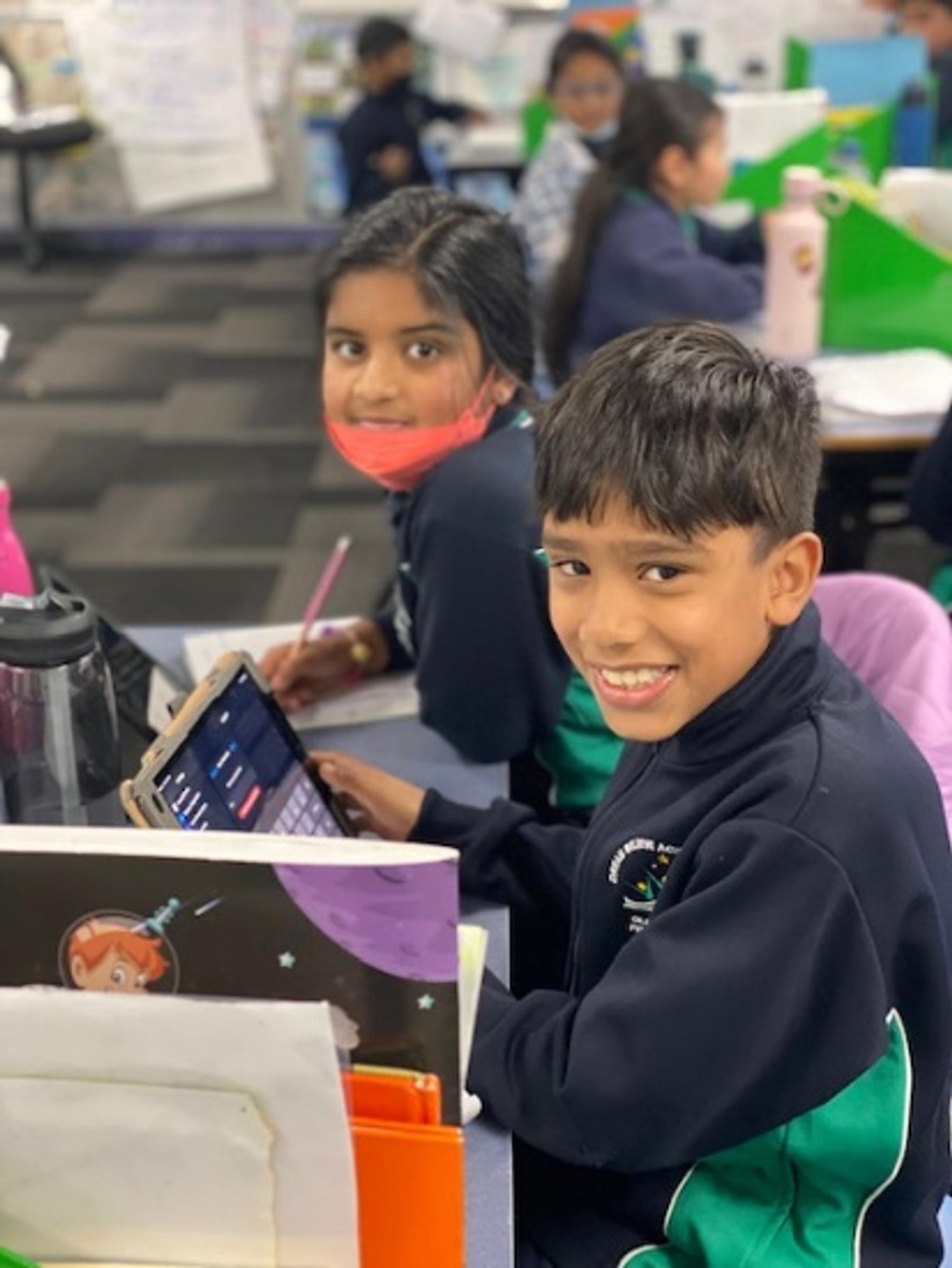
Dear Parents and Guardians,
We would like to welcome all the new families who have recently joined and welcome back all our familiar faces. The first half of the year has come and gone with such pace. Term Two was full of rich learning opportunities that demonstrated the students’ ability to grow and challenge themselves. Now that Semester Two is upon us, we are excited to see a continuation of great learning. Term Three began with fun, dedication and responsibilities for the students, with their first camp experience successfully taking place in Week Two at Cave Hill Creek Camp.
We are looking forward to the wonderful learning that will take place throughout this term.
Important Dates for Term 3:
- 20th- 22nd July – Level 4 Camp
- 3rd August – Australian Maths Competition
- 9th August – Writing ICAS
- 10th August – Digital ICAS
- 17th August – English ICAS
- Week 7- Book Week
- 24th August – Spelling Bee ICAS
- 25th August – Science ICAS
- 1st September – Maths ICAS
- 16th September – Term concludes
Literacy
In Term Three, the Level Four learners will be enhancing their understanding of Literacy concepts through unpacking language features and a variety of structures of non-fiction texts. This will be done by using their personalised CAFE and VOICES learning goals through both independent and group learning tasks and reflections. The foci for Term Three are: Explanation Texts, Biographies and a weekly focus of Sustained Writing to reflect and build on their CAFE & VOICES Goals.
We will continue to expand our learners’ understanding of reading from a wide range of non-fiction and fiction texts with a focus on the different levels of comprehension. The writing focus will be applying the skills that we analyse in reading and transferring these into our own writing. The learners will build their understanding in these areas through purposeful learning experiences which provides opportunities to explore their global citizenship.
Some valuable ways you can support your child at home:
- Share examples of a wide range of information text such as explanations of how things work or why things happen.
- Discuss people who you find inspirational with your child.
- Interview family members to share personal life stories (biographies of their life)
- Present and share stories of inspirational people from your own life experiences or own culture
- Encourage your child to read explanations and biographies at home or to select these genres for their ‘good fit books’ on Epic or from the library.
- Ask your child to explain the features of the non-fiction texts they read such as the glossary, contents, index, captions under photographs or labelled diagrams, such as ‘what does this diagram represent?’, ‘what is the purpose of a glossary?’, etc.
Mathematics
Throughout Term Three, learners will continue to deepen their understanding of Mathematical concepts by applying their personalised SURF goals through independent tasks and reflections based on their journey of Success Criteria.
The topics we are covering this term are:
- Time – Being able to confidently read a timetable. Being able to calculate elapsed time using both 12-hour and 24-hour time.
- Decimals - We will continue to develop our understanding of tenths and hundredths throughout the unit of money in the form of cents.
- Money - We will be creating simple budgets. They will be developing their understanding of the concept of ‘change’.
- Mapping, Location and Graphing - through this unit the students will be developing their understanding of symmetry, Cartesian planes as well as being able to utilise directional language (allowing for the use of digital technologies).
The Level Four learners have had the opportunity to incorporate digital technologies into mathematics learning, by using their knowledge of Elapsed Time to the Sphero Robots. They challenged their thinking by planning, preparing and creating a course for their coded robots to manoeuvre through with a dedicated time lapsed to do this in. Learning in a deep level, students were able to connect their knowledge of time to work out the speed per minute the Sphero Robots were moving at. Below are some images of the learners using the Sphero’s during this time.
In Term Three, the learners will focus on using a wide range of strategies to problem solve (for example; concrete, pictorial and abstract strategies) to represent their mathematical thinking. Learners will be given the opportunity to make connections and transfer Mathematics to real-world situations.
You can support this learning at home in the following ways:
- Create a family timetable/schedule for everyone to follow.
- Encourage your child to tell the time on both a digital and analogue clock.
- Ask your child to estimate the amount of time it will take to complete a task and then they can time themselves. For example: How long do you think it will take you to complete your Writing Home Learning this week? Or How long do you think it will take to make your lunch today?
- Your child could assist in creating a budget for the weekly shopping.
- Go on a ‘treasure hunt’ to find decimals around the home.
- Discuss how financial planning is a part of everyday life.
- Encourage your child to provide you with directions next time you are leaving the house to go somewhere using the assistance of a GPS.
- Present your child with a compass or find an online compass in order to familiarise your child with bearing and directions.
Inquiry
In Inquiry this Term, learners are exploring the question ‘How do geographical challenges impact quality of life?’ through the lens of Geography, Civics and Citizenship and Intercultural Capabilities. As a year level we will also be looking at Global Goal #4- Quality education, where the learners will consider how education and quality of life are linked. Learners will explore the impact that geographical challenges (urban sprawl, climate, demographic etc.) have on communities locally, nationally (Indigenous) and globally and their way of life. Our Inquiry learning will be connected to current world-wide issues and will develop actions that they can take to create change. Learners will explore the functions of a charity and fundraiser and transfer this learning in investigating how they can impact change to assist in eliminating the geographical challenges. Their learning might result in promoting and providing a service to an underprivileged school (e.g., Donations/resources/ time) to geographically challenged communities, however, as this unit is guided by the research of the learners and how they would to support Geographically challenged communities.
You can support this learning at home by:
- Discuss current geographical challenges, for example prices of groceries because of the impact of flooding.
- Share your experiences when you were a student at school
- Discuss some charities or fundraisers that you may have donated to or been part of, for example donating clothes to the Salvation Army etc.
Social-Emotional Learning
In Level Four we will be focusing on deepening our understanding of the School Values as well as the YCDI Keys to Success. Having a greater understanding of these key elements will assist each child with their camping experience (both at Cave Hill Creek and those who will be attending school, during this time) as they continue to build their connections with other students in their year level.
The Level Four learners will develop their understanding of what resilience is and how they can utilise strategies when they face challenges, in real life situations. We will be exploring and deepening our understanding of empathy, mindfulness, gratitude, what it means to be flexible as well as exploring emotional literacy (being able to name and talk about what we are feeling).

